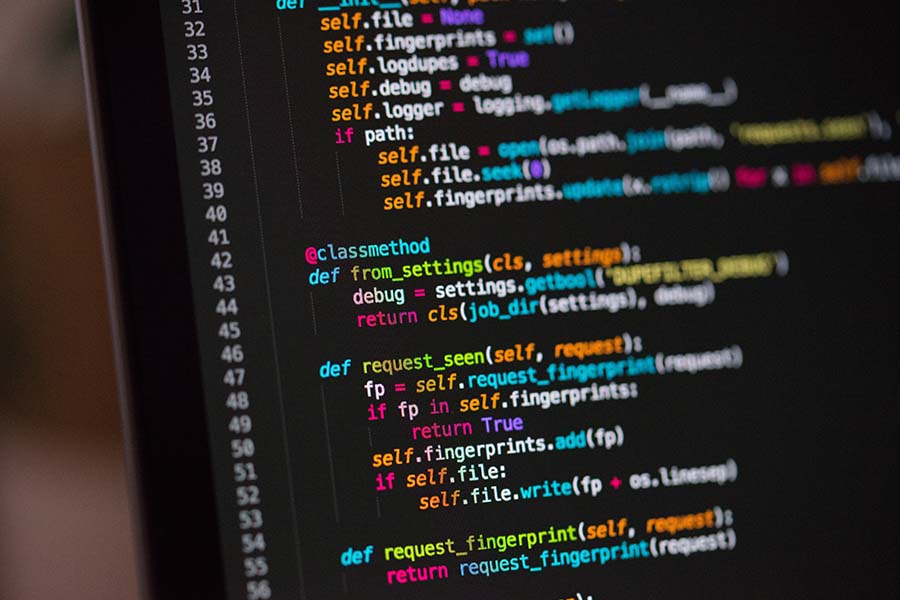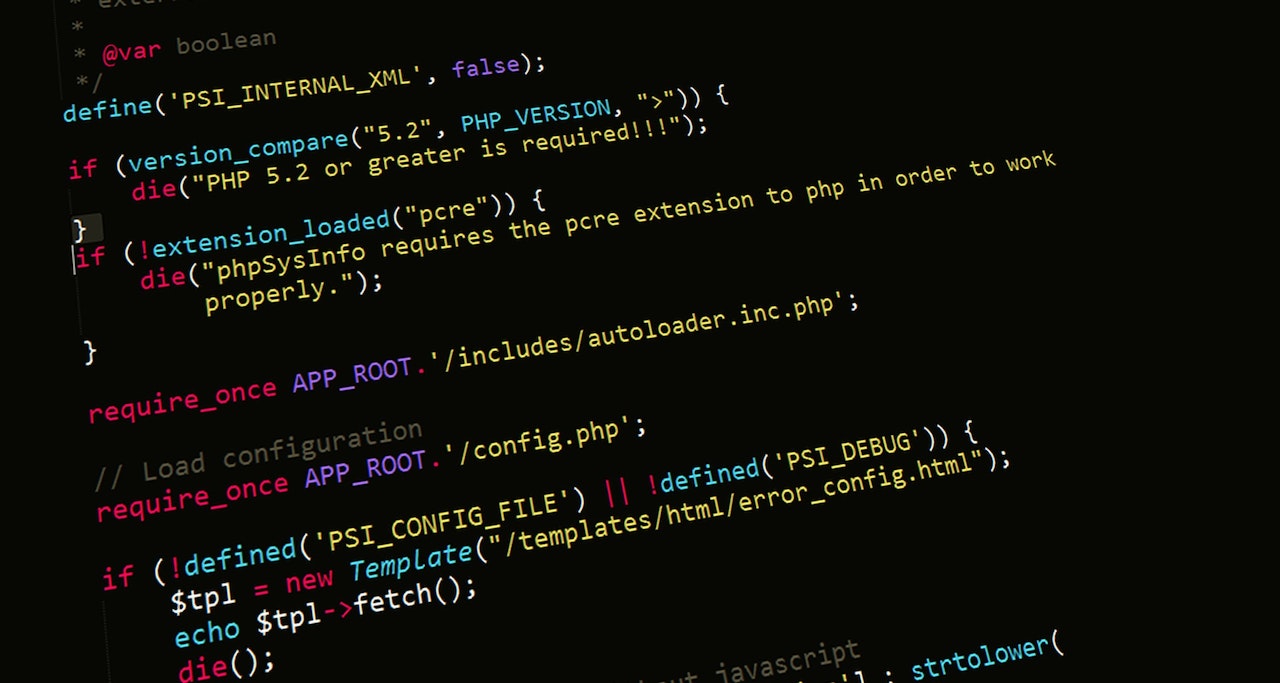Code Mastery Unleashed: Transform Your Skills with Clean Code by Robert C. Martin! 🚀

Martin is a profound exploration into the art of writing maintainable and efficient software. The book serves as a comprehensive guide for developers, offering valuable insights into the principles and practices that contribute to creating clean, readable, and elegant code.
At its core, the book emphasises the importance of writing code that works and is easy to understand and modify. Martin argues that the key to successful software development is the ability to produce clean code without unnecessary complexity. Throughout the pages of the book, he draws on his extensive experience in the industry to illustrate the impact of clean code on the entire software development lifecycle.
The book’s first section delves into the principles and patterns that form the foundation of clean code. Martin introduces readers to the SOLID principles guidelines promoting modular, scalable, and maintainable code. Each principle is accompanied by real-world examples and case studies, providing readers with a practical understanding of applying these principles in their projects.
One of the central themes of Clean Code is the importance of meaningful and descriptive names for variables, functions, and classes. Martin argues that clear and expressive naming is crucial for making code readable and understandable. He provides practical tips on choosing influential names, helping readers avoid the pitfalls of ambiguous or cryptic identifiers.
The book also addresses the significance of functions in the pursuit of clean code. Martin advocates for small, focused functions that perform a single, well-defined task. He argues that such functions are easier to understand, test, and maintain. Through examples and anecdotes, he illustrates the impact of well-designed functions on the overall structure and readability of code.
In addition to focusing on individual functions, Martin explores the importance of organising code at a higher level. He introduces the concept of class design and discusses how to create cohesive and loosely coupled classes. The goal is to build systems that are flexible and resilient to change, and Martin provides practical advice on achieving this through effective class design.
The book is open to addressing the challenges and complexities that developers face in real-world projects. Martin discusses standard code smells—indicators of potential issues in code—and provides strategies for refactoring and improving existing code. By identifying and addressing these code smells, developers can elevate the quality of their codebase and make it more maintainable over time.
Clean code also devotes attention to testing and its role in ensuring code quality. Martin emphasises the importance of automated tests and discusses various testing strategies. He argues that a comprehensive suite of tests not only validates the correctness of code but also serves as documentation, providing insights into the intended behaviour of the software.
As the book progresses, Martin delves into error handling, concurrency, and resource management. He provides practical advice on handling errors gracefully, designing concurrent systems, and managing resources efficiently. These topics are essential for developers aiming to produce robust and reliable software in the face of real-world challenges.
In the final sections of Clean Code, Martin addresses the social aspects of software development. He discusses the importance of communication, collaboration, and professionalism in creating a positive and productive development environment. The book concludes with a call to action, encouraging developers to take responsibility for their code’s quality and continually strive for improvement.
Imagine having these valuable insights and practical guidance delivered directly to your ears. Experience the depth of Robert C. Martin’s wisdom on clean code through the captivating narration of the audiobook. Listen to the principles of agile software craftsmanship as you commute, exercise, or relax. Take advantage of the opportunity to enhance your coding skills and elevate your approach to software development.
Unlock the secrets of Clean Code: A Handbook of Agile Software Craftsmanship by Robert C. Martin through the immersive experience of the audiobook. Click below to embark on a journey of software craftsmanship like never before. Your code—and your career—will thank you.
Check out our other related posts if you enjoyed this one.
- The Rise of Collaborative Robots: Transforming Industries
- Unmasking Cyber Secrets: The Art of Deception Revealed!
- Decoding Cyber Threats: The Social Engineering Menace
- Unlock the Ultimate Quest: Ready Player One’s Audio Adventure!
- Revolutionising Wellness: Metaverse Therapy Unleashes Mental Liberation!
- Top Must-Have Tech Gadgets for Kids – Unbelievable Fun!
- Mastering Crypto Trading: Proven Strategies
- Unveiling Ethereum 2.0: Advancements & Impact
- AI Transforms E-Commerce: A Digital Revolution
- AI’s Robotic Revolution: Trends & Tomorrow
If you enjoyed this blog post, subscribe for updates and stay tuned for our latest insights.
Help your friends and colleagues stay informed about the newest insights on business, marketing, finance, lifestyle, and society by sharing our blog content through Facebook, Twitter, Pinterest, LinkedIn, email, or WhatsApp links below. We can create a knowledge-sharing community and empower one another to accomplish and experience our objectives.
Credits
Featured photo by Chris Ried on Unsplash.
Featured book Clean Code: A Handbook of Agile Software Craftsmanship by Robert C. Martin.









